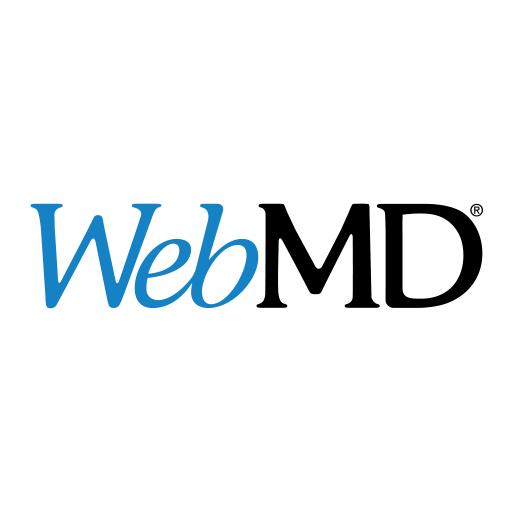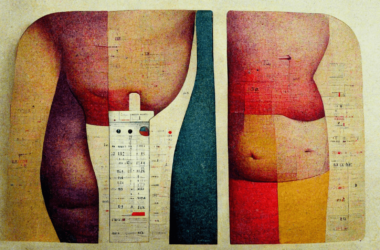Pandemic-era health care has forced self-diagnosis into almost every aspect of life; figuring out whether your runny nose is a sign of seasonal allergies or COVID-19 often spells the difference between a fun night out or a dreaded two weeks of isolation. Even before the pandemic took over our lives, websites that allowed individuals to search up symptoms and determine possible causes were raking in hundreds of millions of dollars from the hordes who frequented their pages. This begs the question: Why do so many people use online sources for diagnoses rather than set up an appointment with a doctor?
The most famous of these symptom checkers, WebMD, was visited 174.5 million times in September 2022 alone. This self-described source of “credible and in-depth medical news” allows users to input their age and symptoms, then rapidly spits out a diagnosis. Users spend an average of six minutes on the website per visit. As this is a much speedier timeline than that of traditional medical appointments, WebMD has become a tempting alternative.
Unfortunately, this quick fix is far from infallible. Although it can at times provide valuable information, a query on WebMD can also lead users down a rabbit hole, dramatizing the apparent diagnosis and causing more concern than is warranted. WebMD also runs advertisements and sponsored content for hospitals, health services, and pharmaceutical companies; in other words, the website you use to determine what horrible disease you have is bankrolled by the same entities that make money treating these diseases.
Dr. Anne Andermann, a family doctor and public health physician in the Department of Family Medicine at McGill, explained in an email to The McGill Tribune that there is another reason to be skeptical of what we read on WebMD and sites like it.
“The public should be wary of health information they find on the internet since there is a tremendous variability in the reliability of content available online,” Andermann wrote.
As an independent for-profit company, WebMD is not held to the same level of accountability or credibility as other health sites such as Mayo Clinic—a website run by the Massachusetts medical institute of the same name—whose articles are reviewed by three health professionals before publication.
All this is not to say that WebMD doesn’t have its uses. Many of the published articles on the site are well-researched and informative, providing individuals with information to help them make more informed health care decisions. Where problems arise, though, is when patients decide to pursue treatment or home-made remedies based solely on harried web searches, rather than using these resources in combination with other, more reliable ones.
“Even when using reputable sources of medical information, this cannot replace a relationship of trust with a family doctor who understands both your medical history and the broader health system context,” Andermann wrote. “The upheaval caused by the pandemic has led to an increase in unmet health needs, both in terms of physical health and mental health, particularly for young people, therefore access to a family doctor or student health service is extremely important to address any health concerns in a timely way, and avoid potentially being misled by information found online.”
At McGill, however, it isn’t just about how accessible internet diagnoses are, but rather how difficult it can be to schedule a doctor’s appointment. For international students, especially, the process can be incredibly involved. There are several important considerations for students, such as who provides coverage, what is covered, and how to access their insurance. Even if students are comfortable with the insurance system, the wait times at McGill clinics vary wildly.
“I can understand why one would want to consult online resources,” said Angelina Low, a second-year student in Medicine at McGill, in a written statement to the Tribune. “When I was in pain with a stomach ache and I saw on WebMD that it could be an incurable chronic condition that requires surgery, I was scared. My mind went to the worst-case scenario. It turned out to just be a stomach ache [….] I understand the temptation to turn to online resources, but if you are in pain, please seek a medical professional.”







